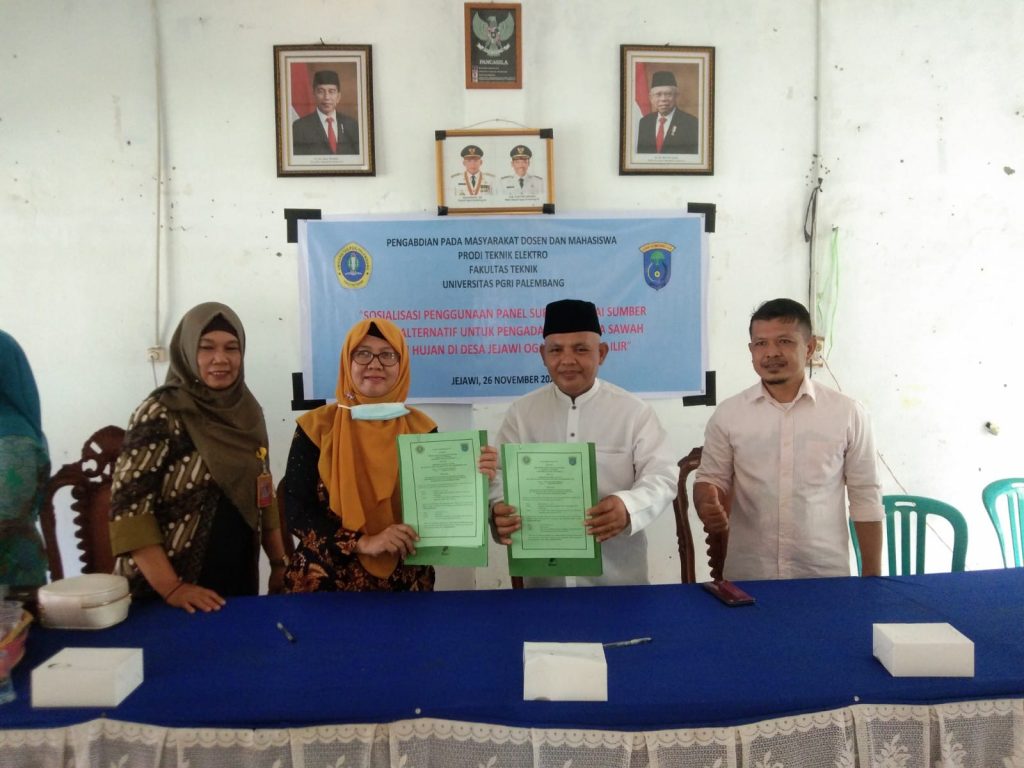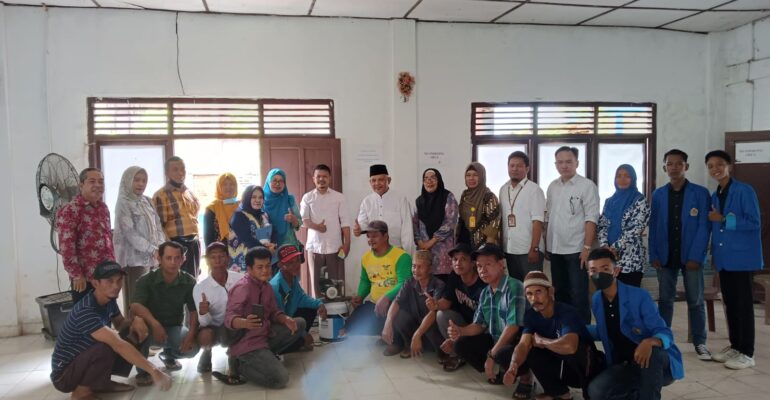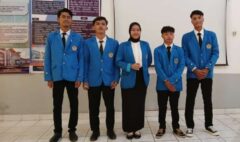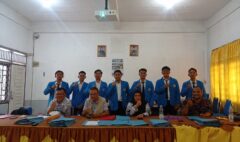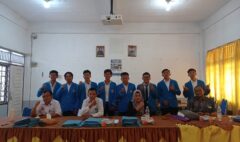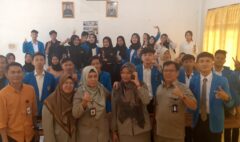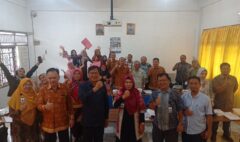Community Service (PPM) Lecturer of Electrical Engineering Study Program: “Socialization of the Use of Solar Panels as an Alternative Power Source for Water Supply in Rain-fed Rice Fields”, Jejawi Village, Jejawi District, Ogan Komering Ilir (OKI)
Community Service (PPM) Lecturer of Electrical Engineering Study Program: “Socialization of the Use of Solar Panels as an Alternative Power Source for Water Supply in Rain-fed Rice Fields”, Jejawi Village, Jejawi District, Ogan Komering Ilir (OKI)
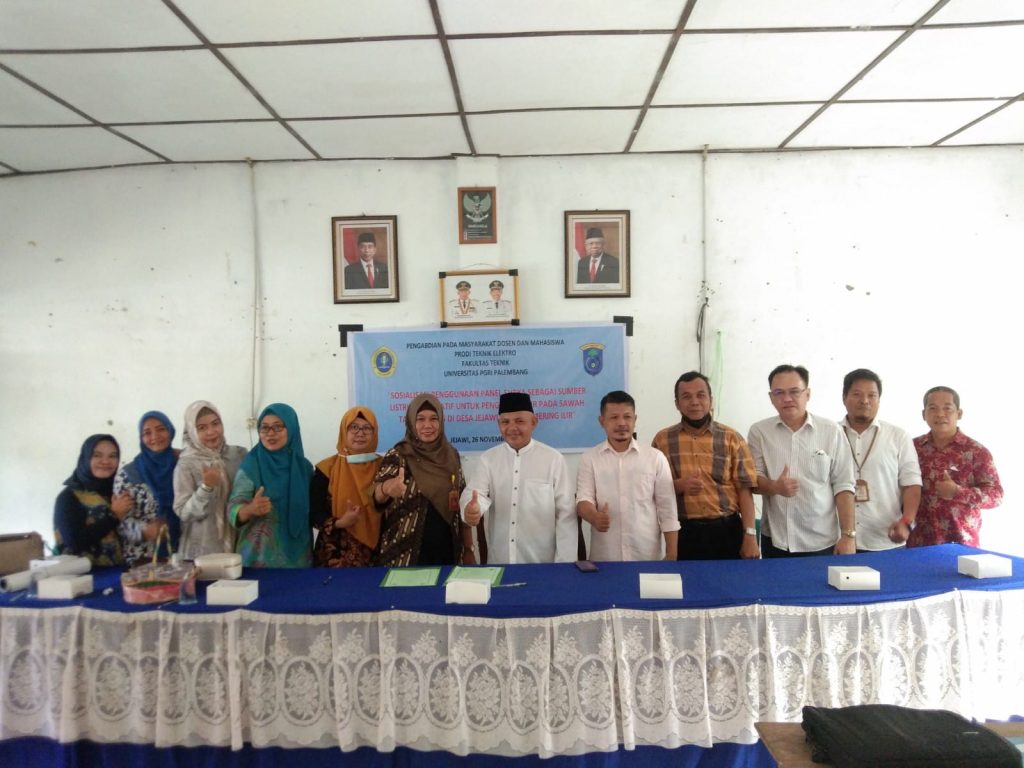
Electricity is an important need for humans. Along with the growing human population, the need for electricity is increasing. The State of Indonesia is a country that is bestowed with energy resources that can be obtained from various sources in very large quantities. Indonesia, which is on the track of the equator, will always get 10-12 hours of sunlight per day. With the potential of solar energy as an alternative/renewable energy source, this needs to be maximized. One of the methods used for the provision of electrical energy that is used in bulk is a solar power plant. Meanwhile, small-scale solar power plants can be used for lighting that is cheap and energy efficient and can be used as a source of household electricity such as televisions, lights, radios, fans and so on that have not been reached by PT. PLN (Persero) or other sources of electricity.
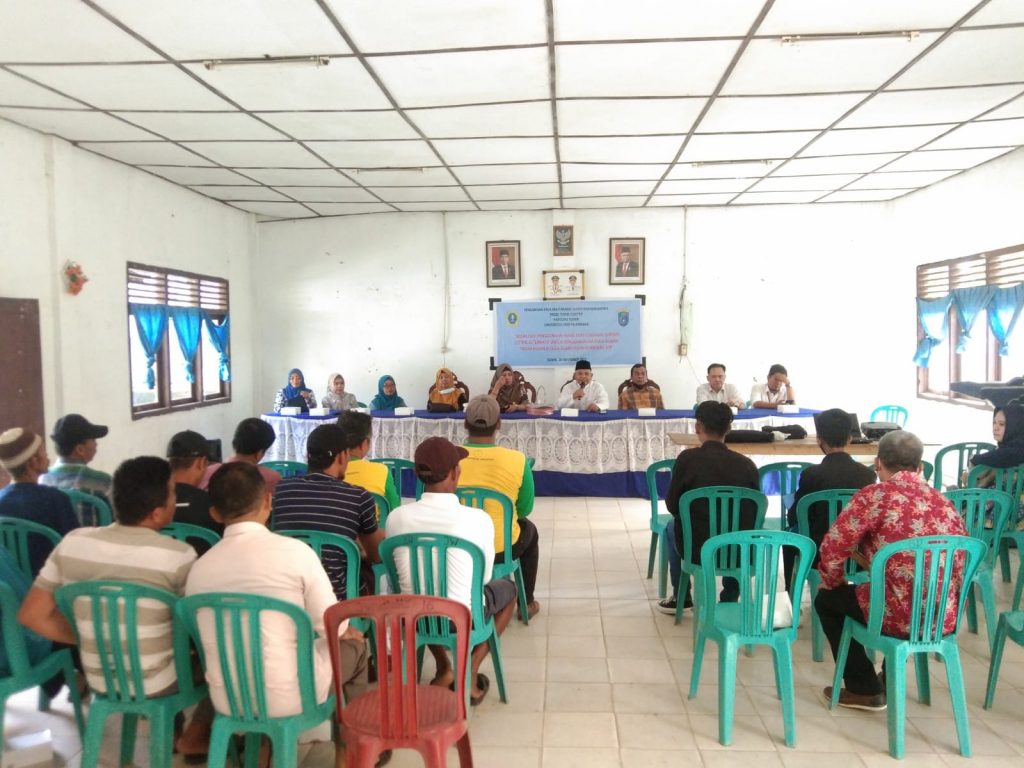
One tool that can be used to obtain electrical energy is solar panels. Solar panels are a collection of solar cells arranged in such a way as to be effective in absorbing sunlight. While in charge of absorbing sunlight are solar cells. Solar cells themselves consist of various photovoltaic components or components that can convert light into electricity.
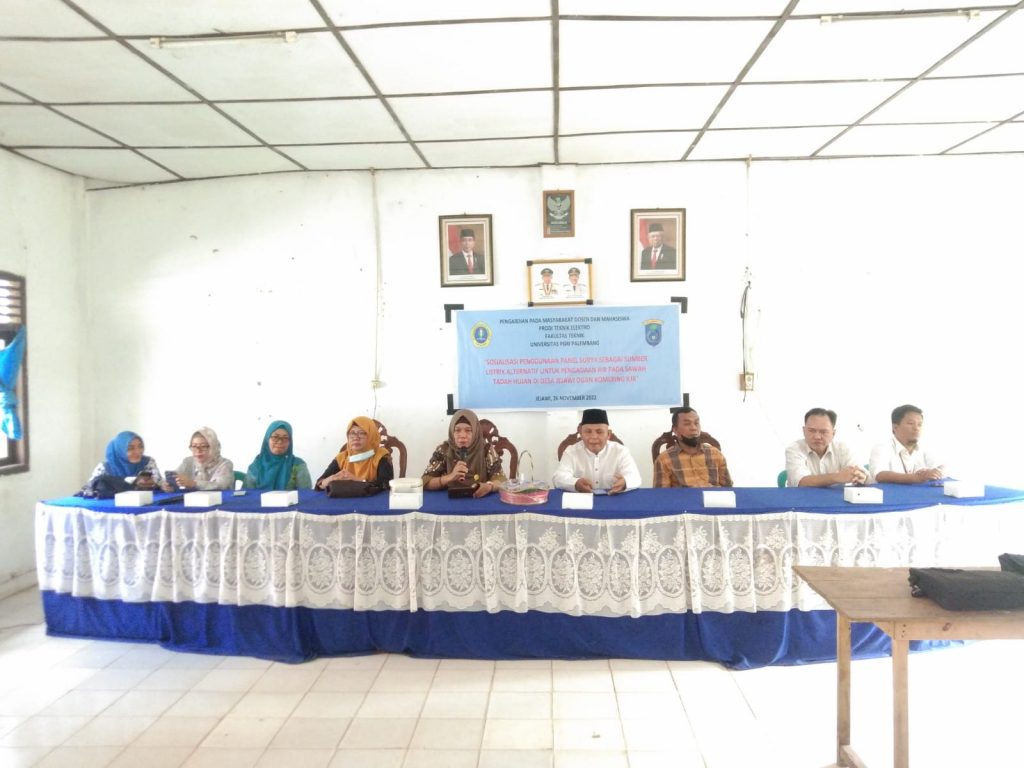
In order to provide better knowledge to the public about solar panels, the Electrical Engineering Study Program, Faculty of Engineering, Palembang PGRI University, is led by team leader Emidiana, S.T., M.T with members: 1. Ir. Saleh Al Amin, M.T., 2, Abdul Azis, S.T., M.T., 3. Nita Nurdiana, S.T., M.T., 4. Nurse, S.T., M.T., 5. Yudi Irwansi, S.T., M.T., 6. Irine Kartika Pebrianti, S.T., M.T. , with the theme “Socialization of the Use of Solar Panels as an Alternative Source of Electricity for Water Supply in Rain-Fed Rice Fields”, on Saturday (26/11/2022) carried out Community Service (PPM) in Jejawi Village, Jejawi District, OKI Regency. Also present were the Dean of the Faculty of Engineering Amiwarti and administrative staff of the electrical engineering study program Yuni Rosiati, S.T.
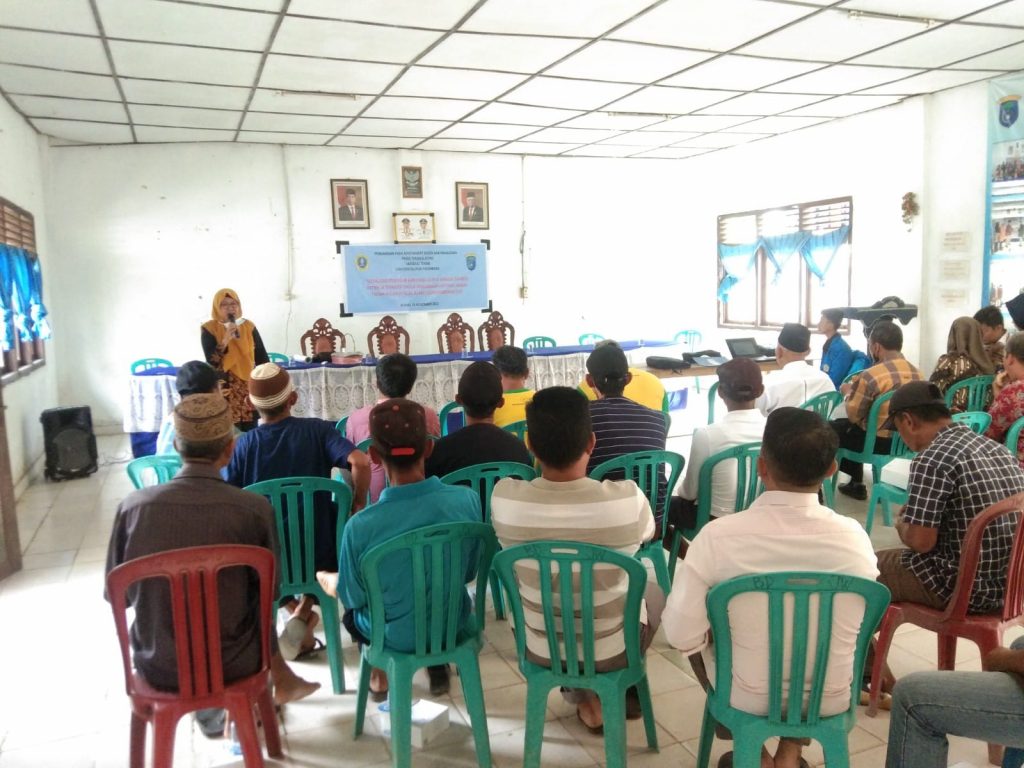
From the socialization activity on the use of solar panels as an alternative source of electricity in Jejawi Village, it is hoped that the community can understand the use of solar panels properly and know the stages of solar panel maintenance so that they can produce a source of solar energy which will be channeled into electricity that can serve household needs. . With good maintenance, electric power can be utilized optimally so that the function of a Solar Power Plant (PLTS) is not only used at night, but can be used during the day. Placement of solar panels that are good and right at home, besides being able to provide energy from optimal sunlight, can also beautify the facade of the building.
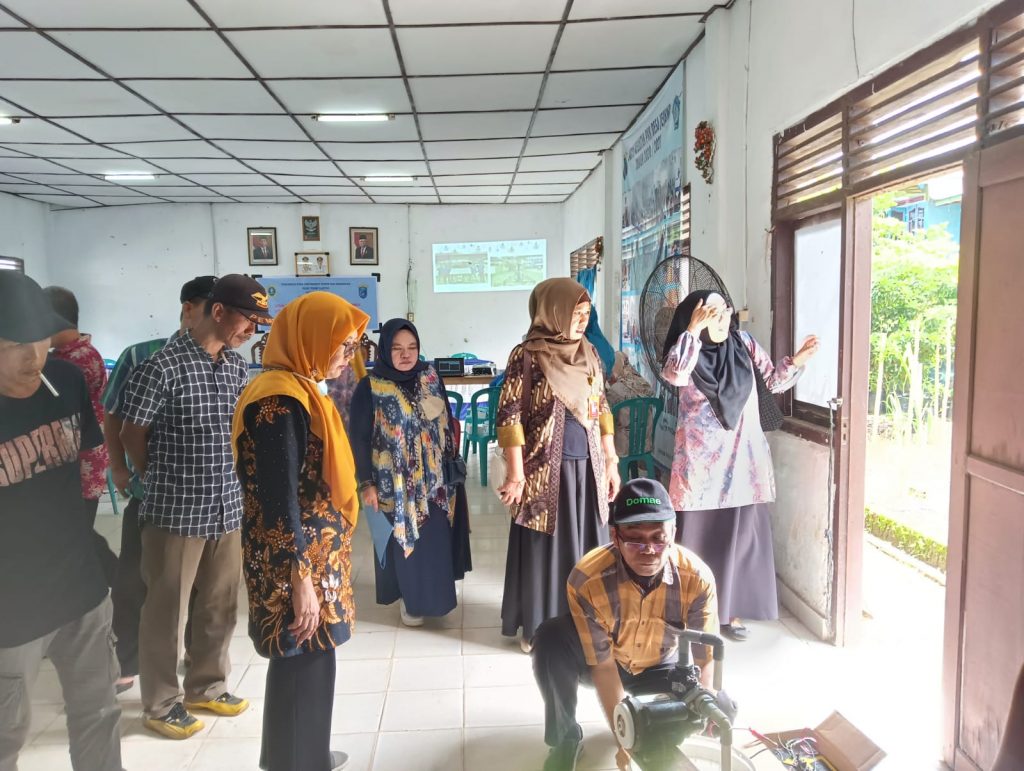
After the socialization of the system for utilizing the Solar Power Plant (PLTS) in Jejawi Village was finished, it was followed by a question and answer session. Then the socialization event ended with a group photo with the community and village officials and the presentation of souvenirs.
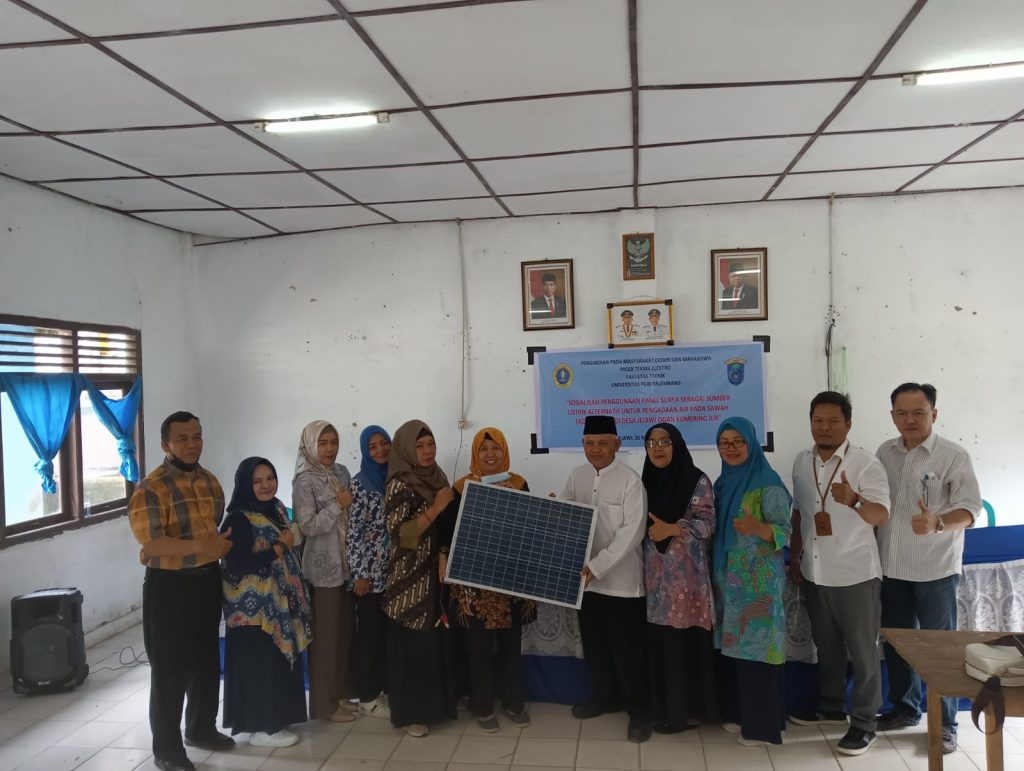
Apart from being filled with PPM activities, in this activity an agreement was made and the signing of a Memorandum of Agreement (MoA) between the Electrical Study Program, Faculty of Engineering, PGRI Palembang University and the Head of Jejawi Village, Jejawi OKI District. This memorandum of agreement was signed by Emidiana, S.T., M.T as Chair of the Electrical Engineering Study Program and Zulkarnain, S.E as Head of Jejawi Village, Jejawi District, OKI Regency. With this collaboration, it is hoped that in the future both parties can increase cooperation in the implementation of education, research, community service, development and improvement of human resources both for the community and for institutions.
